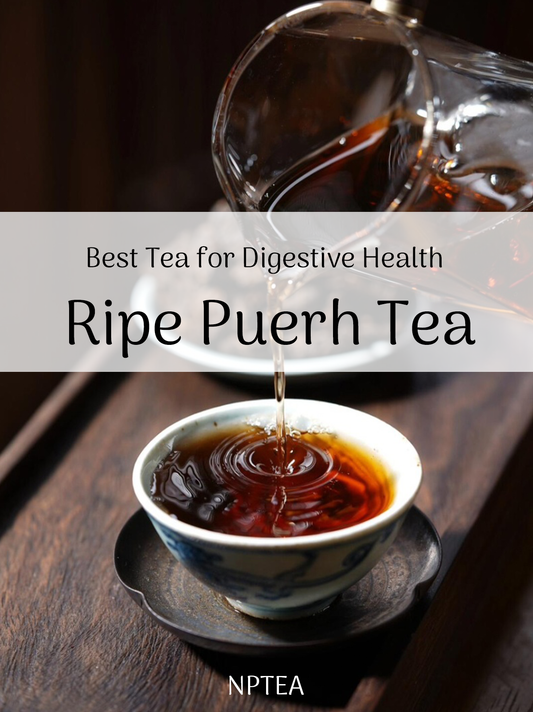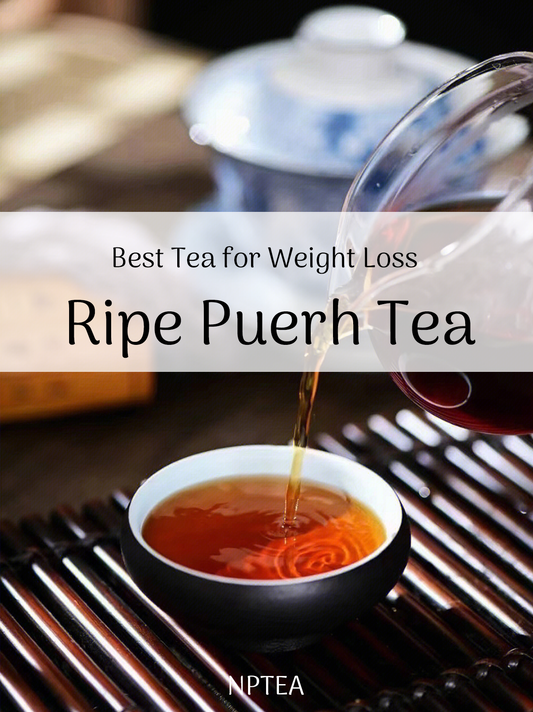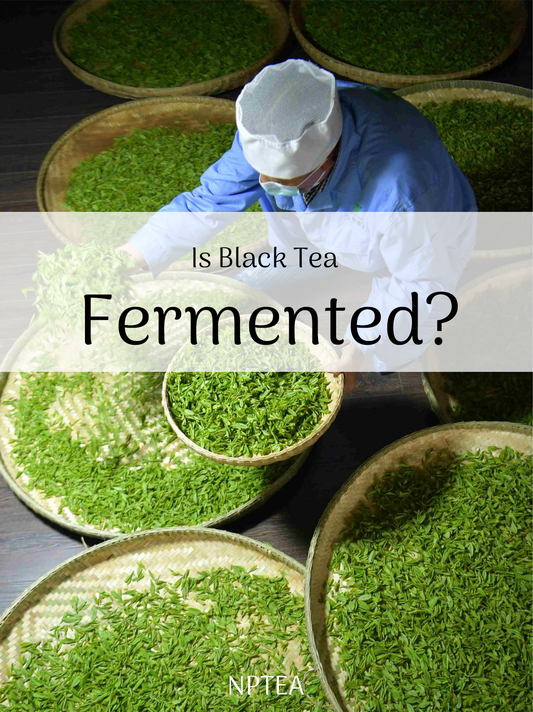Does Green Tea Make You Poop? Discover The Best Tea for Digestive Health
Green tea is not the best choice for making you poop. According to a survey conducted among millions of tea enthusiasts in China, drinking Pu-erh ripe tea is the most effective for promoting intestinal motility and aiding digestion. This has also been proven by the historical choice of the nomadic people of Xinjiang for...
View details
Best Tea for Weight Loss: Discover the Top Choice and Its Benefits
Among the six major types of tea, ripe Puerh tea is the most suitable tea for weight loss. Compared to traditional weight loss products, ripe Puerh tea offers a healthier and more body-friendly mechanism for weight management. Visit the NPTEA blog to learn more about teas for weight loss. SEE MORE ABOUT TEASIf you have...
View details
Can You Reuse Tea Bags? A Complete Guide to Tea Bag Materials
Tea bags are made from a variety of materials, including filter paper, nylon, and cotton. If your tea bag material is nylon, it is not recommended to reuse it. Research suggests that doing so may lead to the ingestion of microplastics, posing potential health concerns.
View details
Is It Good to Drink Oolong Tea Before Bed? Effects on Sleep Quality
All six major tea types contain caffeine, so oolong tea has caffeine too. If you are sensitive to caffeine, it is recommended that you do not drink tea 3 hours before going to bed.
View details
Is Black Tea Fermented? Uncovering the Basics of Fermented Tea
Is black tea fermented? How are the six major types of tea classified, and what exactly is tea fermentation? Click on the NPTEA blog to learn more about fermented tea.
View details
What Tea Gives You Energy? Is It Effective?|NPTEA
Drinking tea is not a very effective option for providing the body with energy. Tea contains caffeine and theanine which have a certain refreshing as well as rejuvenating effect, but the effect is much worse than drinking a glass of glucose water.
View details





